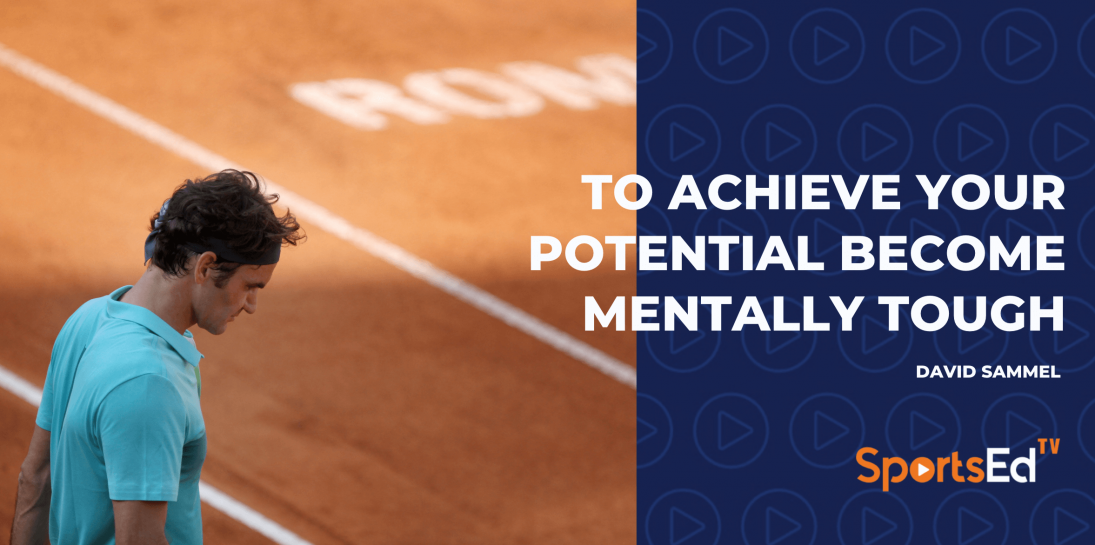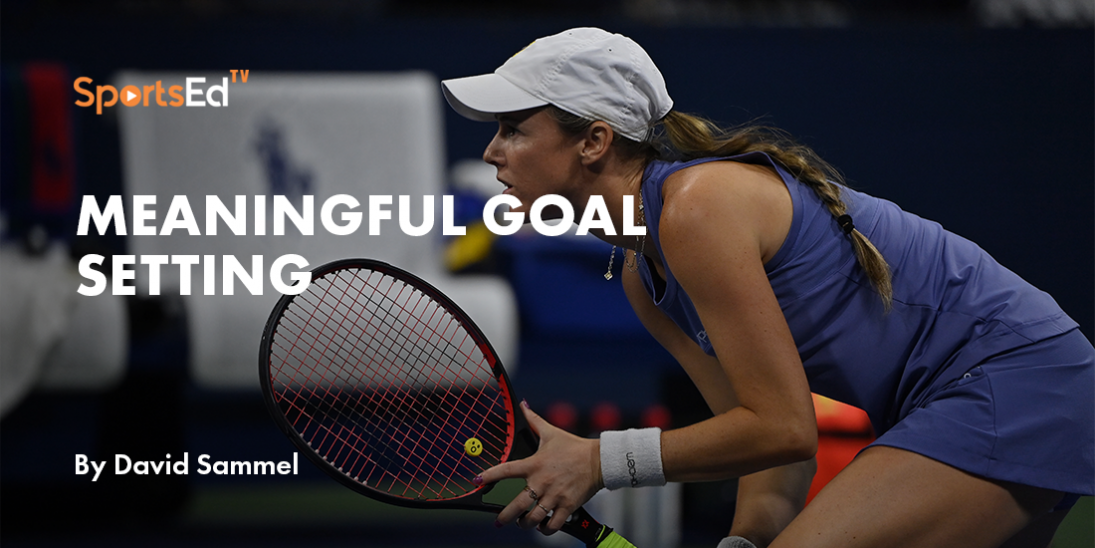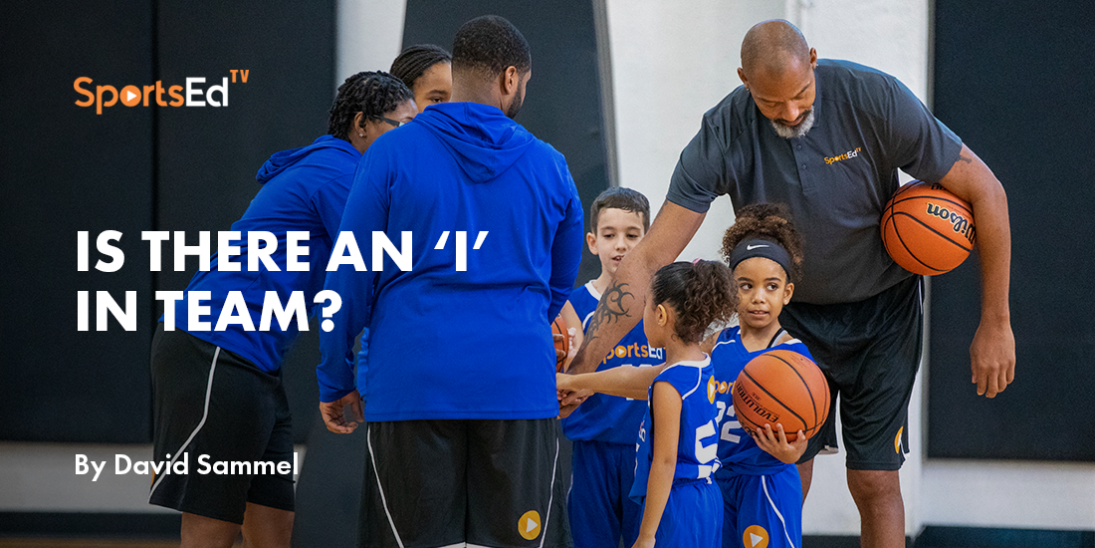Tennis
Welcome and thanks for visiting...

What Does it Take to be in the Top 0.1% of Professional Athletes?
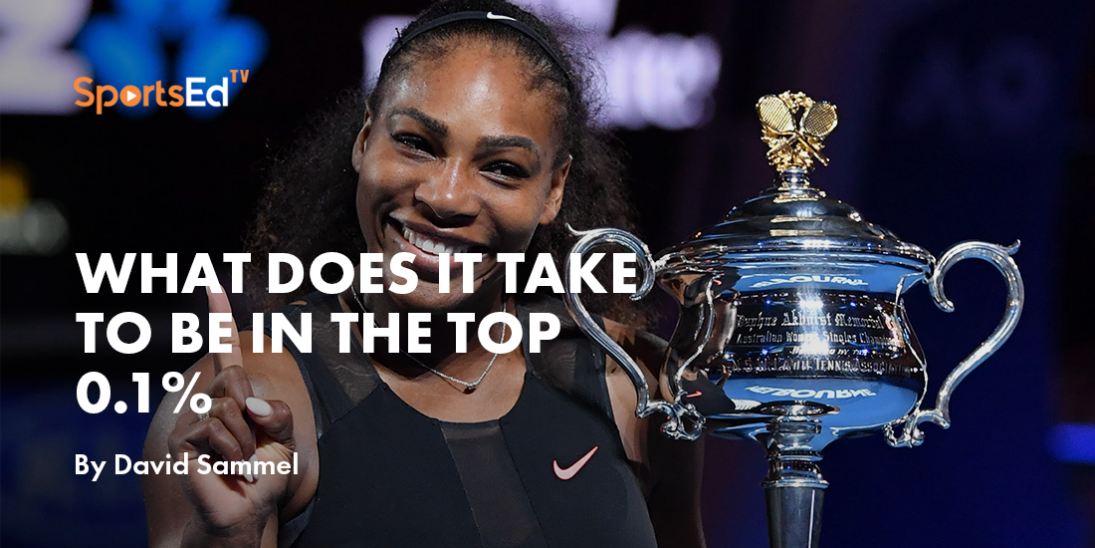
A conversation with a professional tennis coach David Sammel by Robert Wilcocks of https://wilcocksandwilcocks.co.uk
What it takes to be the best?
Robert: David has a wealth of knowledge and experience to tap into, and so I thought I would share the detail of one of our recent conversations about success, balance, and mindset that can also be considered a tennis tips for beginners.
"To be at the top, you need a sharp focus and clear mind. Complexity will not help any top athlete perform at their best."
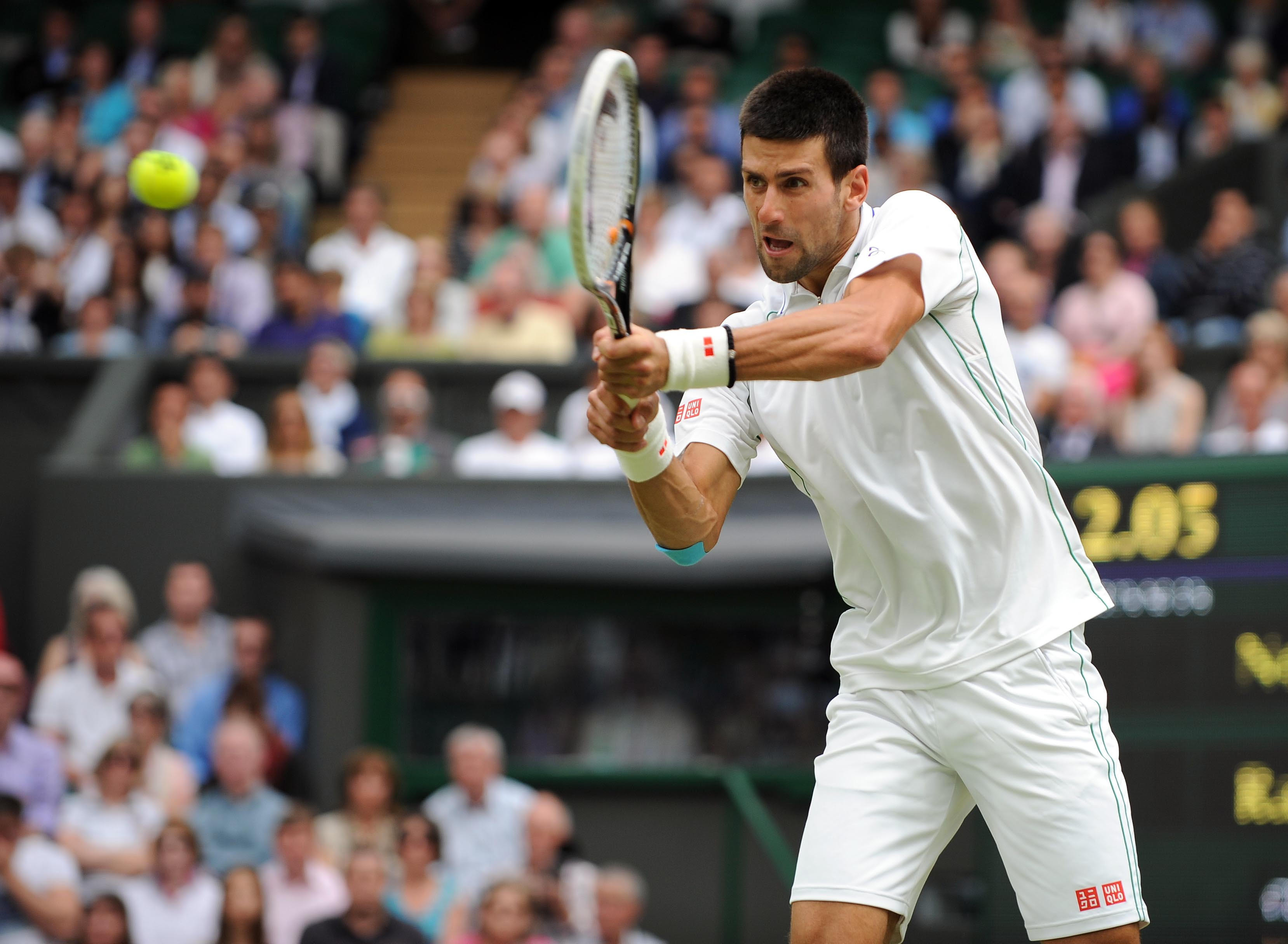 Novak Djokovic
Novak Djokovic
"At any time, you need to have two things you work on, at most. Those two things, one primary and the other secondary, have to be your focus, and command 100% of your attention when you're at work".
For me, if you're a business owner starting out, your primary business goal needs at least 80% of your time focus and possibly a second related goal of 20% to achieve optimal success and move forward. Likewise, I would say the same for any career. In other words, both goals require 100% focus, but they take up approximately 80/20.
Say you have a secondary goal, which could be to write a book (like I'm doing at present), it will have to get some crushing attention to make progress, but it will never be in front of my primary goal. Differentiate between focusing on work and focusing on other things such as family and social life. When you are at work, it needs 100% of your focus. When you're with family, they need that complete focus too. For me, work-life balance is the organization of your time when you will give your full focus to work. 100% focus does not mean excluding everything else in your life. Balanced athletes are very good at compartmentalizing their workday and their life. They understand when it is appropriate to let their hair down and the periods where this would seriously affect their performance and, in these periods, stay away from attractive distractions.
Any less focus, and your business and the important goal driving you forward, will suffer.
How to master time management skills for optimal success
Robert: Can your relationships suffer? Yes. David doesn't offer any silver bullet to work-life balance but does believe there are workable solutions.
"If you want to be in the top 0.1%, you have to be ruthless. But if you are happy with the top 5%, or 10%, then perhaps not so much. You can focus solely on your primary goal Monday to Friday, then at the weekend, choose that time to focus a fixed period on your secondary goal. Whatever that may be, ensure you give 100% attention to it, no distractions. Again, have periods of rest and certainly do not work all weekend. There are periods when it is pretty full-on to make a deadline or to push through a project, but even in these times, make sure you take breaks for your mind to rest and actually sort through the problems in the background while you do some exercise, or watch a movie."
Good and honest communication is critical to help limit the negative impact on other areas of your life, such as family and friends. Manage the expectations of those around you who can help or hinder your progress to the top 0.1%
Robert: I have not met many couples who are happier, more content, and satisfied with life and each other than David and Joy, his lovely wife.
David works away a lot of the year, coaching athletes on tour, but he is with Joy when he is with Joy.
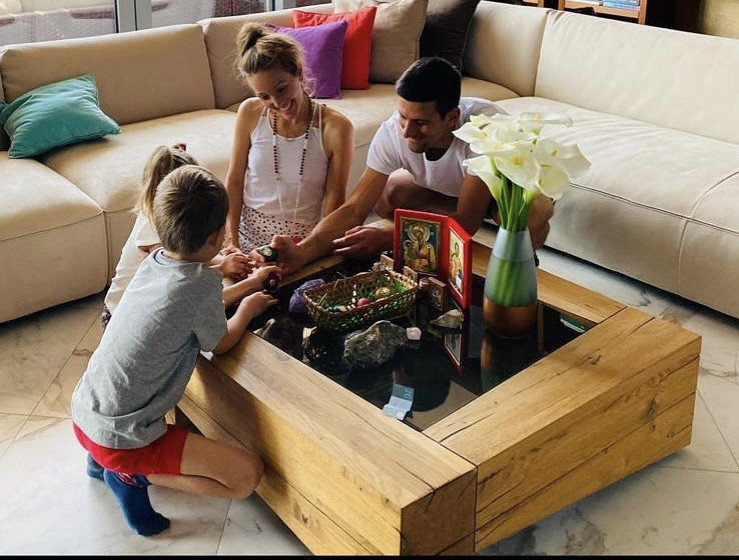 Djokovic and Family time
Djokovic and Family time
If David is working for 10 months of the year, that flips for the other two months, and work becomes secondary very much.
"Work-life balance is not about being balanced each and every day, Rob. It's about being balanced overall. At a Grand Slam, I can't spend much time, if any, with my loved ones. Equally, when I am not at a Grand Slam or in the middle of a tough tournament, that's when I have better flawless balance".
"But with 50/50 balance, you risk making everybody mad, and you invariably don't achieve anything".
90% of something is arguably 100% of nothing!
Life-changing strategy to stay ahead of the game
Beware the risk of leaving mental 'baggage' - if you don't complete your important tasks, there is a risk of not moving forward quickly and efficiently, and there is a bigger risk you lose sight of your vision and mission. We all know the feeling of being busy on crap and knowing we have achieved little towards the important stuff of our work. So busy is not the definition of productive. Outcome towards a goal is the definition of good work, and sometimes that is less, not more work.
Being at the top in your field takes hard work, dedication, and focus. Being part of the 0.1% is as much about consistently managing your focus on what is truly important as anything else.
.jpg) Serena Wiliams
Serena Wiliams
You have to have periods where your focus is on one, or maybe maximum, two work goals.
Magic of breaks
If that means you are flat out Monday to Friday, or even Monday to Sunday, then you have to accept that at times it is the fastest and most efficient way to reach your goal. So, for example, suppose you aren't able or willing to be that dedicated. In that case, you will likely have to accept either a lesser result professionally or that it will take significantly longer, or both, to achieve your ambitions.
However, no person can or will be mentally healthy if they do not take breaks each day and fail to schedule days off and holidays. Work is not intended to be a chore - to be successful should be mostly a joy to do. Sure, the grind has to be taken care of, but overall it can and should be fun. In tennis, the focus in practice and training on and off the court is 100%, but between the hard yards, there is banter and the ability to relax. Each person is different, and it is important to find what works for you. If you feel you have to be on it all day - mistake. Take a breather, a short walk, a lunch without your phone, a 20-minute chat with a colleague or loved one. Schedule a long weekend away, a dinner without being contactable - bottom-line focus on work and play 100%. Never treat yourself like a machine!
Wealthy people money management
Robert: I work with successful people who have achieved so much in their lives that now, focusing on a particular work goal 24/7, isn't their objective. Often our clients' goals are to continue to achieve success, but to also enjoy life as much as possible with their loved ones by their side. Their big questions are usually about understanding from a money perspective, "how much is enough" - they never want to run out of money. They also usually want to contribute meaningfully to their children and grandchildren's lives, and to causes they hold dear - but they need to know first and foremost how much is enough for them (especially in the context of planning for the possibility of care in the future).
The idea 'work-life balance is an interesting one. In the context of 0.1%, everyone's 0.1% will be different. I think work-life balance is a misleading and wrong word or phrase to use for many.
We should all aim for our own 0.1%. To be the top, for us. We can only do that by starting with our own individual goals - our end in mind - and work back. There is no right or wrong answer. Some people will only be happy with 100% dedication to building a business and reaching the top 0.1% of entrepreneurs. This can be at the cost of time with friends, family, and maybe health, unless well organized with their communication and discipline to be present with people when off. Spending time with someone who is preoccupied is no good!
Others will be happy to be in the top 10% in their business area and spend more time with friends, family, and their health.
Robert: I have also learned - not just from David, but he certainly reinforces this - that happiness and fulfillment are mindsets. We have the power to think into existence our state of happiness, and we are entirely in charge of our futures.
I am now a lot clearer on what it takes to get in the top 0.1% of tennis players, but sadly, I don't have the skills; so I better get on with helping people invest their money for the better and make sure I get a great return on life for myself as a consequence.
You can read more about David and buy his book here. David is also available for private consultations. Contact him on

